Mes aventures avec la COVID-19 sous la lanterne de l’intersectionnalité
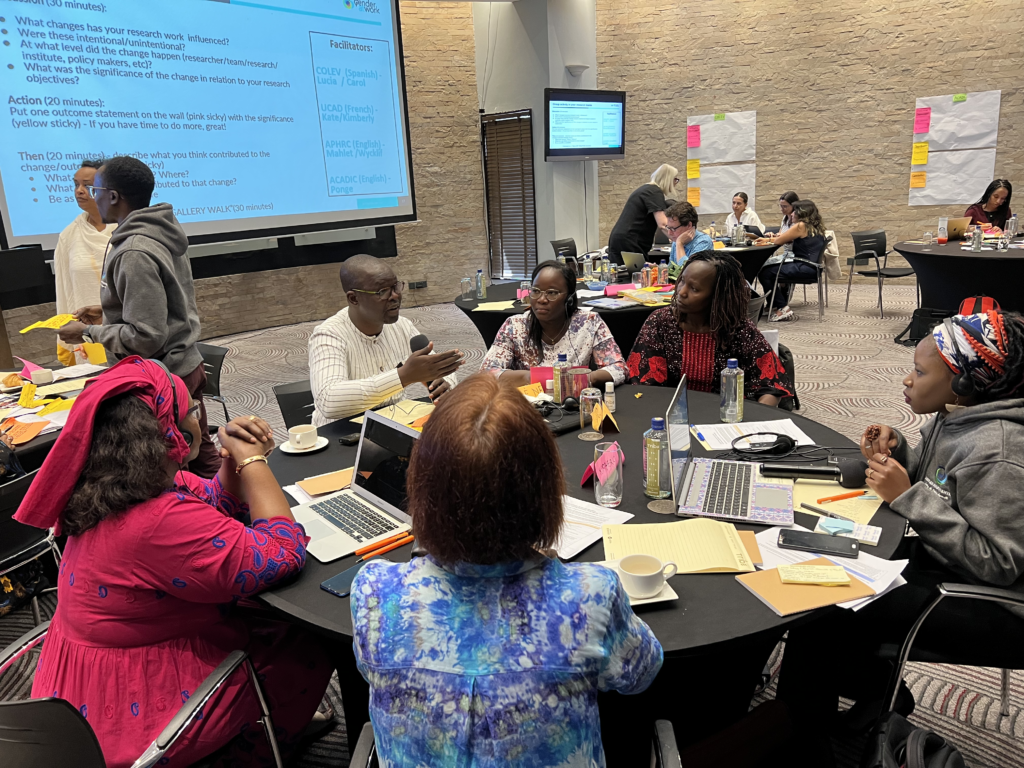
Hélène Diéne partage son expérience de la pandémie, où elle travaillait dans une clinique COVID-19 comme assistante de recherche et tombe elle-même malade par la suite. Elle évoque ses craintes et ses incertitudes et explique comment ces expériences l’ont amenée à comprendre l’importance du genre et de l’intersectionnalité pour l’utiliser dans sa recherche doctorale sur les impacts désagrégés du COVID-19 afin d’être plus pertinente au regard du contexte.
My adventures with COVID-19 under the lantern of intersectionality

Hélène Agnès Diéne shares her experiences during the pandemic, working in a COVID-19 clinic and later falling ill herself. She reflects on her fears and uncertainties, and how these experiences led her to understand the importance of considering gender differences in coping with illness. Learning about gender and intersectionality through her research role enabled her to realize she would use such a lens in her doctoral research on disaggregated impacts of COVID-19 to be more contextually relevant.
No Differences, Only Sames: Finding Common Ground in Nairobi During the AI4COVID Gender Action Learning Writeshop
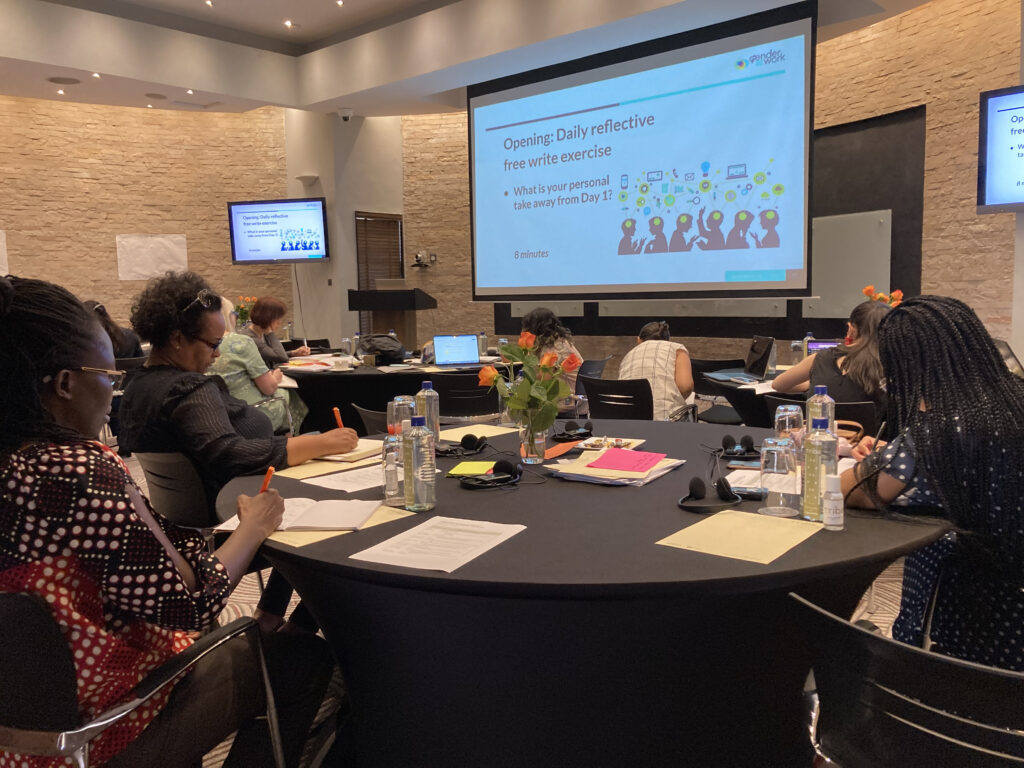
Ethan Gilsdorf reflects on the way he feels most engaged and enriched when visiting places that are least like his native land. He describes the disorientation and excitement experienced while traveling, and how initial differences observed with participants in the workshop and in Nairobi transformed into a sense of commonality through the sharing of stories on experiences of gender roles.
Why are you talking to a blank screen?
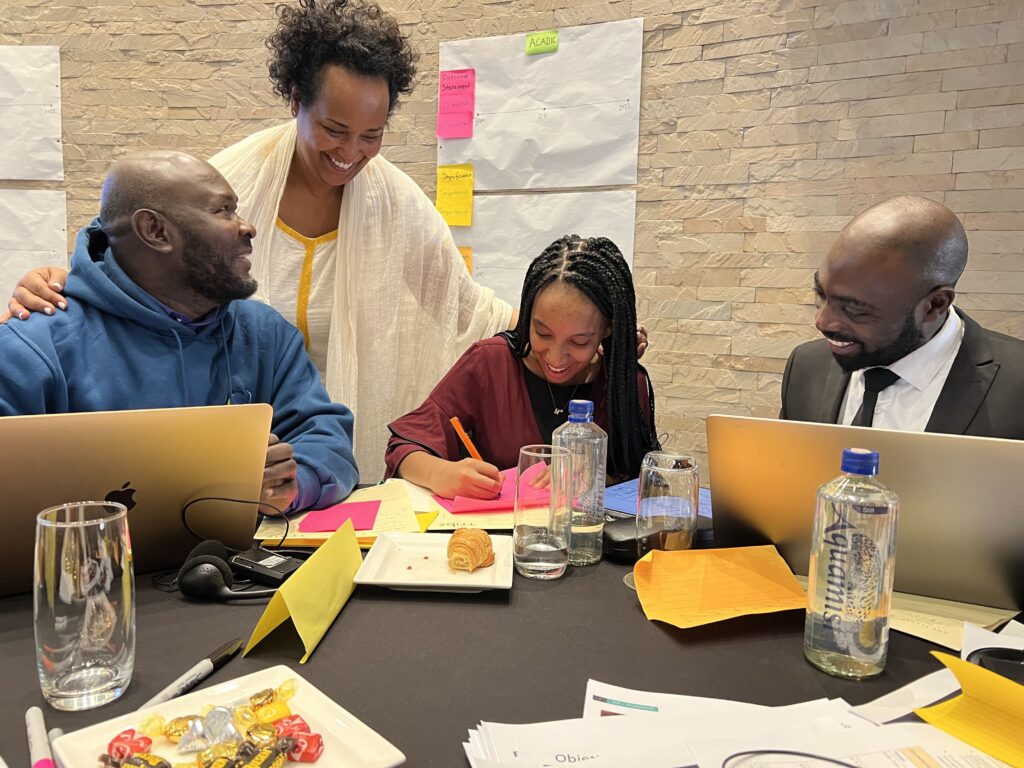
Mahlet Hailemariam shares her experiences of juggling online work, challenged by unreliable internet connection and power blackouts while caring for her mother.
Break Out of Your Silo
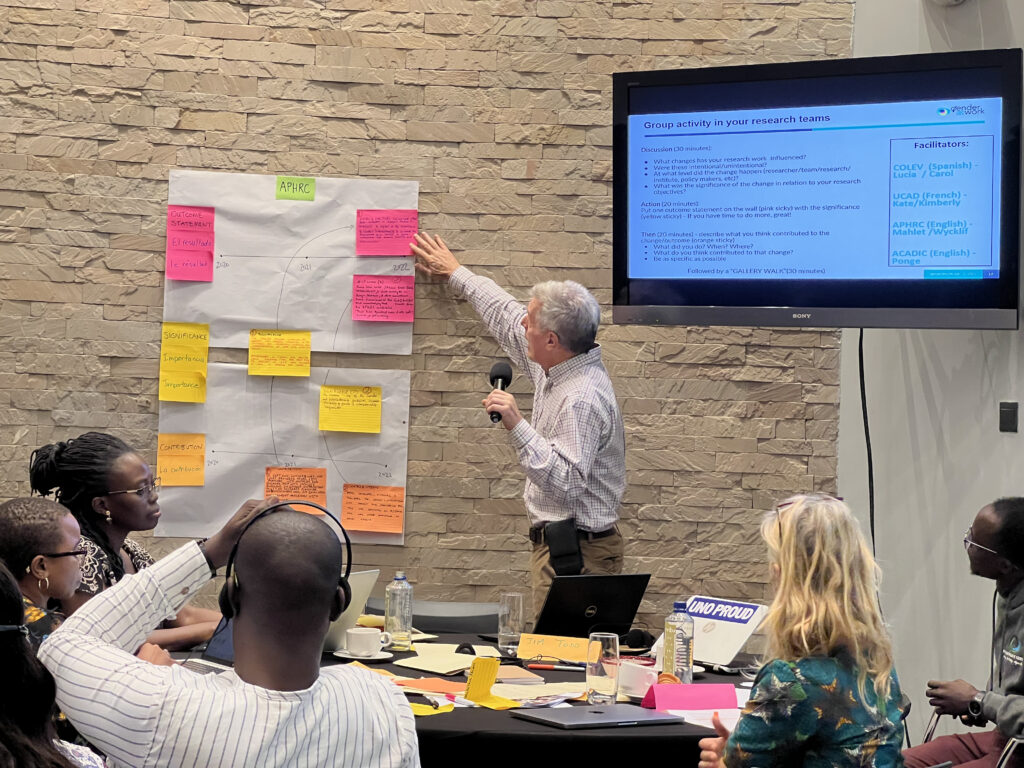
Jim Todd questions his own positionality as a white privileged male academic who becomes a mentor to a younger female academic of colour. In narrating this experience, he challenges himself and others to listen and learn from our differences and avoid thinking in ‘silos,’ that perpetuate discrimination and biases within academic and research environments.
Can AI Have Its Cake and Eat It? Reducing Bias in AI Models May Not Always Be Desirable

What are the ethical dilemmas of trying to create unbiased and representative algorithms of women and men impacted by epidemics as a data scientist? Learn what Amelia Taylor has to say about it.
AI Research and COVID: Journeys to Gender Equality and Inclusion
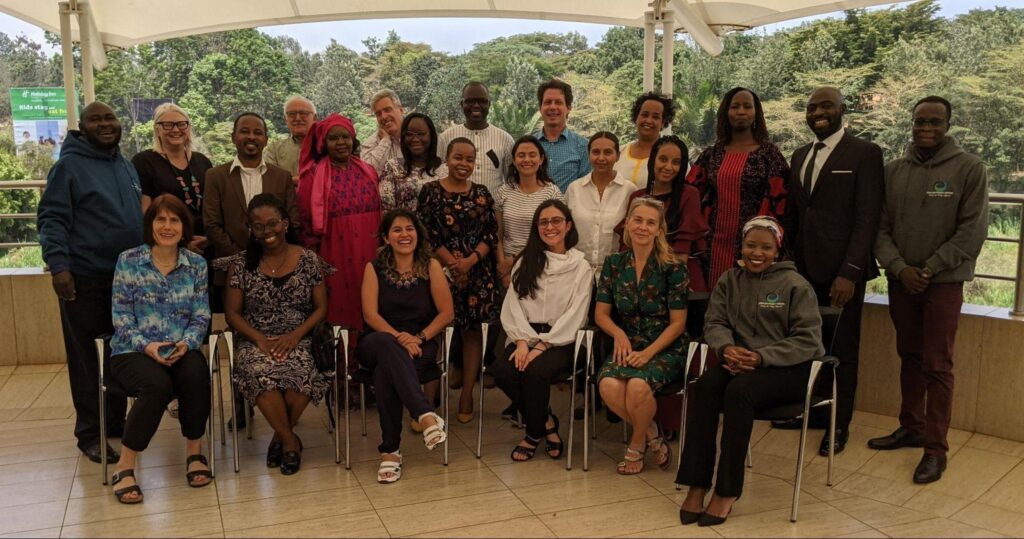
The AI Research and COVID: Journeys to Gender Equality and Inclusion series goes deep into this question through stories of experiences of, and efforts to tackle, gender inequality and exclusions.
Walking the talk: Think tanks and gender – What did we learn?
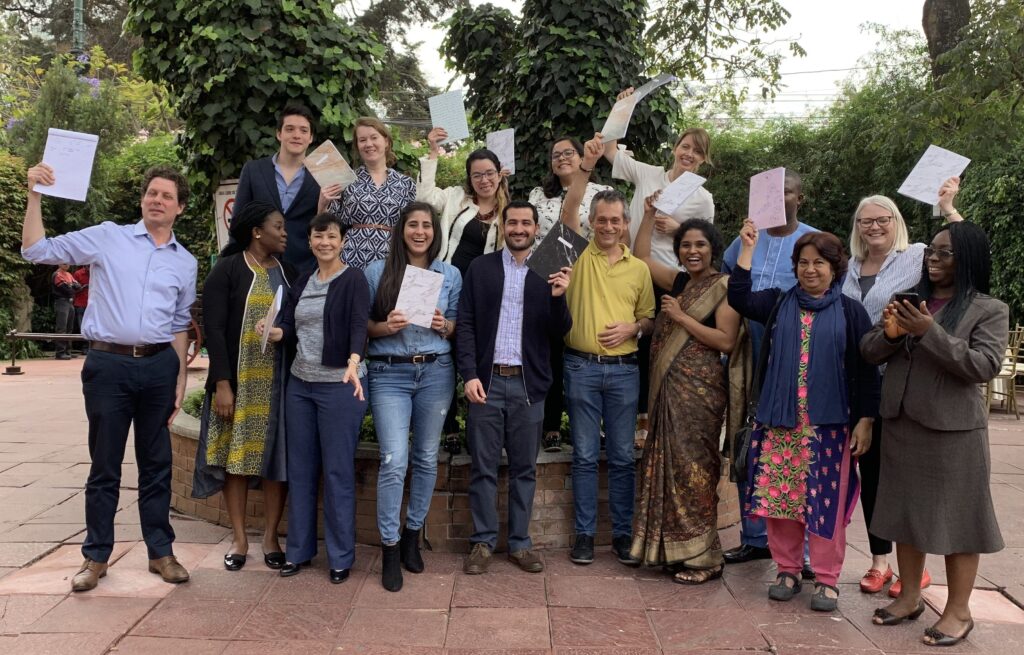
Shortly after launching this blog series, Gender at Work participated in Women Deliver 2019 Conference held in Vancouver and attended by over 8,000 policy makers, researchers and activists from around the world. Several sessions, including three co-hosted by IDRC, explored the theme of gender and research. We were intrigued by how many of the ideas discussed at Women Deliver had been discussed in the TTI Gender Action Learning Project (GALP) and in the writeshop.
Incorporating Gender into Academic Research Life

I always wondered how the University of Ghana could deepen its commitment to gender equality without ambitiously incorporating the concept into all aspects of academic research life. In 2011, three years after joining the University of Ghana faculty, I rejoiced to see the University formally committing itself to gender by launching its first sexual harassment policy.
Why am I still getting “the look”?
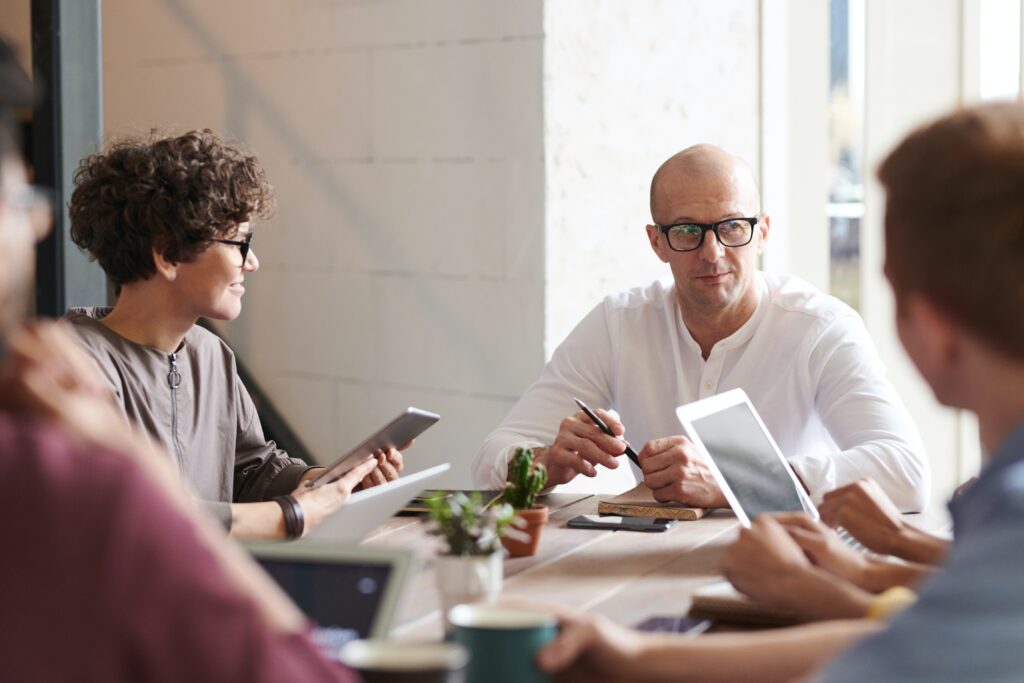
As Director of Research and Statistics at FUSADES, I have been working (and thinking) on women´s economic empowerment for some time now. At FUSADES, we have been working (and thinking) on how to incorporate a gender focus on research in order to be more effective in our policy recommendations; we wrote about this a while back in 2017.
